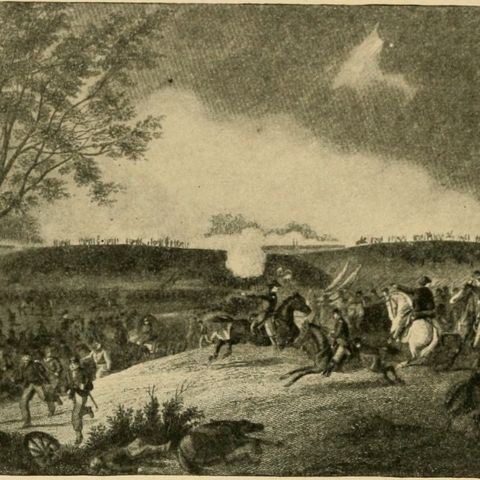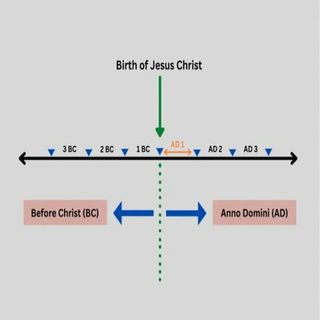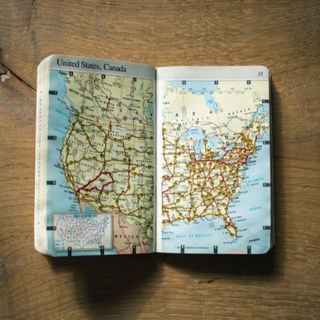- Calendar
- Calendar 2026
- July
- Battle of Gettysburg
Battle of Gettysburg
The Battle of Gettysburg, seen by many as the most important fight during the Civil War, was fought for three days from July 1 to July 3, 1863 . It was a huge victory for the Union against General Robert E. Lee's Confederate troops, as it stopped them from invading the northern territories.
It was also this battle that inspired one of the most iconic speeches in history, Abraham Lincoln's "Gettysburg Address".
History: When, Where, and Who
The Battle of Gettysburg was a confrontation that took place on July 1, 2, and 3 of 1863, during the American Civil War. It was fought between the Union and Confederate troops, in the town of Gettysburg in Pennsylvania.
[Unions implied the North or United States while Confederates implied the Southern States]
It was a turning point for the Union Army, who won this battle after a big defeat. The Battle of Gettysburg is known as the bloodiest battle of the Civil War. This brutal war witnessed a staggering loss of life, with casualties exceeding 51,000 from both sides.
The fields of Gettysburg were transformed into a tragic battleground, where an untold number of soldiers made the ultimate sacrifice in service of their respective causes.
The magnitude of casualties at Gettysburg stands as a powerful testament to the brutal and devastating nature of the war, leaving an enduring imprint on the collective memory of the nation.
It left a massive toll on the individuals of Gettysburg which further underscores the historical significance of Gettysburg. Also, The Battle of Gettysburg sheds light on the immense sacrifices made by those who fought in this pivotal conflict.
Before The Battle of Gettysburg
Following a successful invasion and battle against the Army of the Potomac in May of 1863, General Robert E. Lee decided to lead his Confederate Army into a second invasion of the northern territories.
He planned to go further into Pennsylvania, in what he called the Gettysburg Campaign. With this plan, he wanted to gain the admiration and support of the Confederacy from France and Britain. He also wanted to gain the support of those northern politicians who were still against the war.
After the Union's defeat at Chancellorsville, Lincoln was disappointed with Joseph Hooker, who was the commander of the Army of Potomac. Thus, he replaced Commander Joseph Hooker with Major General George Gordon Meade. Meade's first order was for the Union troops to follow Lee's army, which consisted of 75,000 men, into Pennsylvania.
Hearing about this pursuit, Lee's strategy was to organize his army in the strategic crossroads of Gettysburg. However, when his troops arrived at the town, on July 1, they were met by two Union cavalry brigades. Still, the Union forces were outnumbered and driven away into Cemetery Hill by the Confederate troops.
Wanting to take advantage of this, Lee ordered his troops to attack Cemetery Hill before Union reinforcements could arrive. However, Richard Ewell, who was in command, refused to do so, earning him a bad reputation in the Confederacy. Meanwhile, during the night, four Union corps arrived, strengthening the defense lines.
On July 2, with the Union troops' defense lines spawning from Culp's Hill to Cemetery Ridge, Lee ordered James Longstreet to lead his troops to attack the Union on the left, while Ewell and his men should attack the right. Following several hours of heavy fighting, the Union managed to stave off and stall their attackers but lost some of their positions. Both sides suffered many losses in the battle that day.
It was on the morning of July 3 that Union troops pushed back Confederate forces on Culp's Hill and gained back their positions. Thinking his troops were close to victory, Lee sent 15,000 men to attack Cemetery Ridge, where the Union had dug in their positions in vast fields. Pickett's Charge began at 3 p.m. and the Confederate troops were quickly surrounded on all sides, with only half of their men surviving the attack.
On July 4, a defeated Lee withdrew his army, and the Union celebrated the major victory of the Battle of Gettysburg. This was one of the key victories for the Union, as it presented a stepping stone to their victory of the Civil War.
The Battle of Gettysburg had the biggest number of casualties of any battle fought during the Civil War, with 51,000 casualties overall from both sides.
Significance Of The Battle Of Gettysburg
The Battle Of Gettysburg was a crucial moment in the American Civil War as it represented an important turning point in the conflict.
It was a major victory for the Union forces under General George Gordon Meade, effectively stopping General Robert E. Lee's invasion of the northern territories. The Union Army proved its determination and resilience by defending against the Confederate Army's attack successfully.
The Impact of this Battle on the Civil War
The Union's triumph at Gettysburg had significant consequences, boosting the morale of Union soldiers and instilling hope for the preservation of the Union and the abolition of slavery.
It weakened the Confederate forces, both militarily and in terms of morale, while also dashing their hopes for foreign recognition and support. Ultimately, the Battle of Gettysburg played a pivotal role in the Union's path to victory in the Civil War.
The Gettysburg Address
On November 19, 1863, President Abraham Lincoln made his famous Gettysburg Address at the National Cemetery of Gettysburg.
The Battle of Gettysburg provided Lincoln the inspiration for his emblematic Gettysburg Address, where he honored those who lost their lives for the cause of the Union, and who strived for equality and liberty.

Other Celebrations
-
Jan 08 WedBattle of New Orleans
-
Feb 23 SunBattle of the Alamo
-
Apr 12 Sat
-
Apr 21 Mon
-
Jun 25 Wed
-
Aug 16 SatBennington Battle Day

Battle of Gettysburg - Next years
Thursday, 01 July 2027
Saturday, 01 July 2028
Sunday, 01 July 2029











